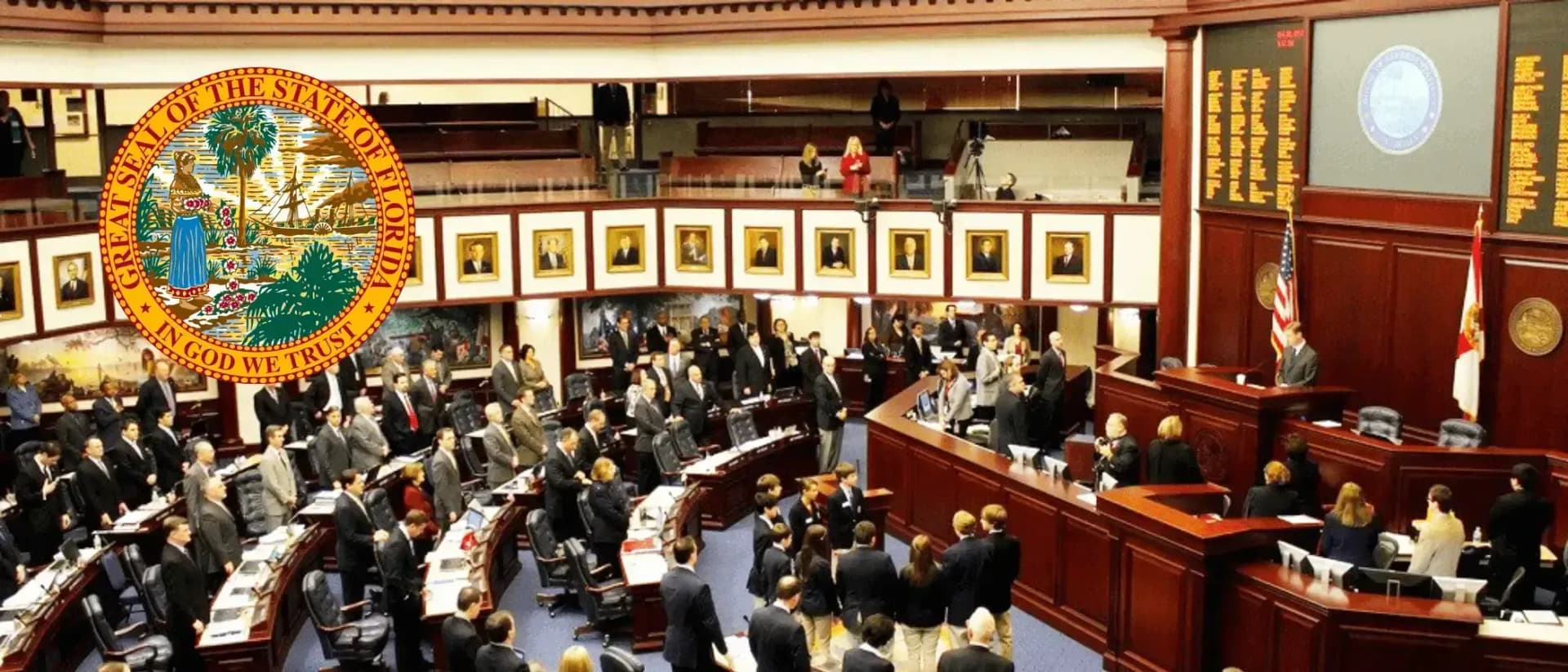
Florida “mini TCPA” Law Impacts Outbound Sales and Lead Generation
New Florida legislation effective July 1, 2021 amends the state's existing telemarketing laws and adds legal bite to autodialer consent requirements. By expanding the definitions and enforcements of the provisions, the scope of the new restrictions impacts outbound sales and lead generation companies that use calling, texting, and voicemail for outreach to Florida residents and area codes.
Nick Whisler of compliance law firm Mac Murray & Shuster LLP advises that, "Every business that makes telemarketing calls or sends marketing texts into the state should carefully assess their campaigns to ensure they comply with all aspects of Florida law. This includes the new written consent requirements for calls/texts made using an “automated system” and legacy requirements related to Do Not Call lists, disclosures, signed contracts, and more."
DISCLAIMER: The information on this page, and related links, is provided for general education purposes only and is not legal advice. Convoso does not guarantee the accuracy or appropriateness of this information to your situation. You are solely responsible for using Convoso’s services in a legally compliant way and should consult your legal counsel for compliance advice. Any quotes are solely the views of the quoted person and do not necessarily reflect the views or opinions of Convoso.
Florida passes mini TCPA regulations: why now?
Florida became the first state to take major legislative action regarding consent requirements for autodialers in reaction to the April 1, 2021 Supreme Court decision (Facebook v. Duguid) that settled years of disputes over the definition of an automatic telephone dialing system (ATDS). The Florida unilateral response has led to headlines referring to the state's regulations as a “Mini TCPA.”
In 2020, the FTC received 293,071 complaints about unwanted calls from Florida alone. Florida’s “Mini TCPA” is a clear effort to address these complaints and reinstate some of the provisions that were struck down by the Supreme Court in the Facebook v. Duguid case. The bill (CS/SB 1120) passed unanimously in both chambers of the Florida legislature and was signed by Governor Ron DeSantis on June 30,2021.
Many in the industry expect individual states to take independent action following the landmark Supreme Court decision, which invalidated rules set by the FCC that essentially defined a cell phone as an ATDS. The decision eliminated the need, under the TCPA, to gather express-written consent prior to dialing consumers using autodialers that do not have the capacity to use a sequential or random number generator.
Convoso recommends continuing to gather express-written consent prior to dialing leads as a matter of best practice for outbound sales and lead generation teams.
Major provisions in the Florida “Mini TCPA” law
The new Florida "mini TCPA" law imposes restrictions and enforcements to outbound calls made with autodialers. Here is a summary of the key provisions:
Florida residents have a "private right of action" which allows individuals to initiate class action lawsuits against violators
Express-written consent is required before making sales calls using an autodialer
The term “autodialer” is defined as an “automated system that selects or dials the telephone numbers”
Valid calling times have been changed to 8 am to 8 pm in the consumer’s respective time zone (Most of the Florida Panhandle is in CT)
Any sales call made to a Florida area code is assumed to be made to a FL resident or someone physically located in the state of Florida, but there is a provision to challenge this assumption for telemarketers
Violators can be fined $500 per incident or $1,500 if the law is willfully violated
Consumers can’t be contacted by a salesperson or group of salespeople for the same purpose more than 3 times within a 24-hour period
Spoofing phone numbers to conceal the identity of the caller while making sales calls is now a second-degree misdemeanor under Florida law
Potential legal blocks to the Florida mini TCPA law
The Florida Senate acknowledged several potential shortcomings of the legislation. For example, as the report mentions, “It is unclear whether the bill’s presumption regarding Florida area codes will have an effect on interstate commerce to an extent that has the practical effect of regulating commerce outside of Florida’s borders.” If passed, there will almost certainly be litigation to challenge some provisions of the bill.
Note: Nothing in this article constitutes legal advice. Convoso recommends retaining and consulting an attorney for ongoing guidance on regulatory compliance.
DISCLAIMER: The information on this page, and related links, is provided for general education purposes only and is not legal advice. Convoso does not guarantee the accuracy or appropriateness of this information to your situation. You are solely responsible for using Convoso’s services in a legally compliant way and should consult your legal counsel for compliance advice. Any quotes are solely the views of the quoted person and do not necessarily reflect the views or opinions of Convoso.
Schedule a demo
Supercharge your sales with our AI-powered contact center platform.
